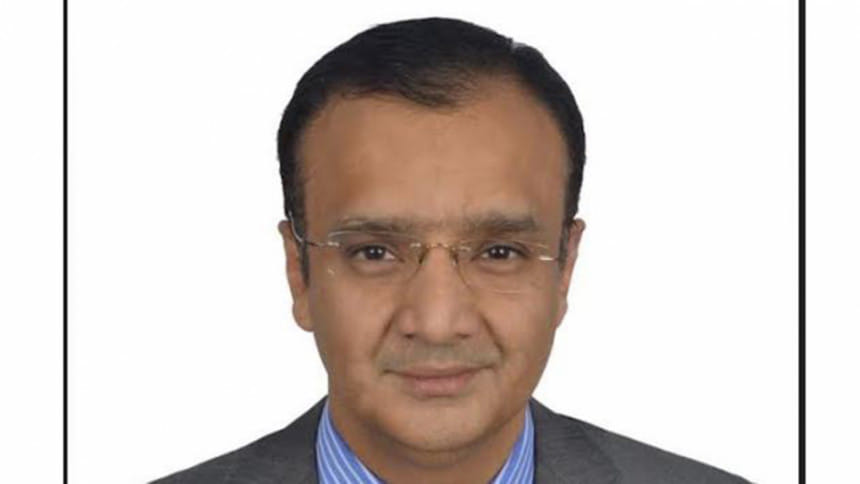Facebook’s security measures ahead of elections

The election is around the corner. This year, social media is going to be one of the most effective platforms for election campaigns. Keeping this in mind, The Daily Star had sent a set of questions regarding fake news, rumours, duplicate pages, and dubious groups to Shivnath Thukral, the public policy head of Facebook for India and South Asia.
Thukral’s said Facebook has recently started to implement a policy against dubious groups and accounts created to stir up political debates in countries around India, Bangladesh and Sri Lanka, whereas in the past the area was limited to the US, Middle East, Russia and the UK.
1. Are you doing anything to detect and stop the spread of fake news?
We have three broad initiatives in Bangladesh to educate and engage people on spotting misinformation. The three initiatives are to engage with civil society, journalists, and the government.
We engaged with civil society to make Facebook more transparent and accountable by publishing our internal guidelines. We will also be organising a fact-checking workshop for editors to spot fake news.
Facebook partnered with UNDP Bangladesh and the ICT Division of the Ministry of Post, Telecommunications and IT for Digital Khichuri, 2018. The partnerships for a “Tolerant, Inclusive Bangladesh” are a three-year initiative to understand and prevent violence across Bangladesh and to produce and promote narratives of tolerance and diversity.
2. Not all election candidates have verified Facebook accounts. How will you ensure account authenticity of political leaders?
We have a strict policy against fake account and we take swift action in this issue. As per our last Transparency Report in 2018 between April and September, we have disabled more than 1.5 billion fake accounts from Facebook including bots trying to create fake accounts.
3. If violence ignites, political rivals can spread rumours and even use old photos to incite people. How do you plant to stop this?
We partner both with civil society organisations as well as news organisations but more importantly, we use signals from our community for reducing the spread of misinformation. Users have the ability to report obnoxious contents to us; we check if such content is violating our community standards.
4. There are lots of floating and unauthorised web portals that spread misinformation with misleading headlines. How will Facebook deal with them?
Across News Feed, we follow a three-part framework to improve the authenticity of content:
First, we remove content that violates our Community Standards, such as nudity, fake accounts, and graphic violence. Then, we reduce the distribution of content that undermines the authenticity of the platform, like clickbait and false news. Finally, we inform people by giving them more context on the content they see, including more information about articles and publishers.

 For all latest news, follow The Daily Star's Google News channel.
For all latest news, follow The Daily Star's Google News channel. 



Comments